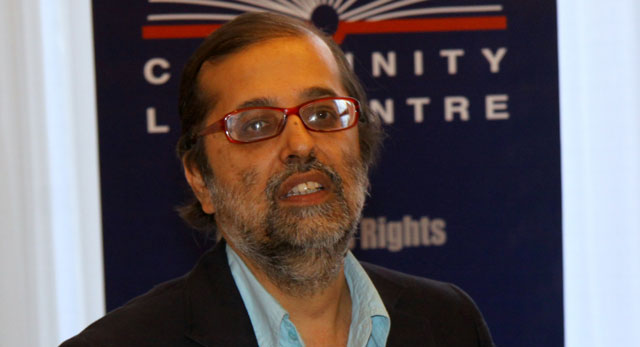
Communications minister Yunus Carrim wants government’s policy on radio frequency spectrum finalised by March next year, despite officials from the department of communications telling him that this timeline is unrealistic and unachievable.
“With regards to spectrum policy, I know you are all very anxious about that,” Carrim said. “If you’re not anxious, you should be anxious.
“We’re going to deliver by the end of March. This fight is going on; we have to bring it forward.”
The minister, who has only been in his new portfolio for eight weeks, made the comments at Telkom’s annual Satnac conference in Stellenbosch on Monday.
His department intends presenting its broadband policy by end of November and although the policy is ready, it was “too long, so it’s being shortened”, he said. Carrim said the finalised document will be taken to other government departments, too, to ensure collaboration and reduce the duplication of efforts.
“We’ll deliver by the end of November … hold me to account for that.”
It’s crucial that the department of communications collaborates and cooperates with the departments of economic development, trade & industry and public enterprises to ensure a cohesive policy and avoid costly and inefficient duplication of infrastructure or initiatives, he added.
Carrim also broached the topic of state-owned company Broadband Infraco, saying it needs to be handled in a manner “consistent with competition in the sector” and in line with the requirements of “good corporate governance”.
“With state-owned companies, you can’t be the referee and the player,” Carrim said. “We’re working through that, but we’ll be clearer in the next week and a half about what role [Infraco] can play, if any.”
The minister said a “policy vacuum” is in part to blame for the poor state of South Africa’s broadband and bemoans what he calls “uncoordinated efforts” that have led to “duplicated resources”.
Carrim also asked whether operators had got away with “predatory pricing” and why regulation had “failed” to reduce prices, particularly when there are South African operators running networks outside South Africa where they provide far cheaper services. “We thought charity started at home.” — (c) 2013 NewsCentral Media




